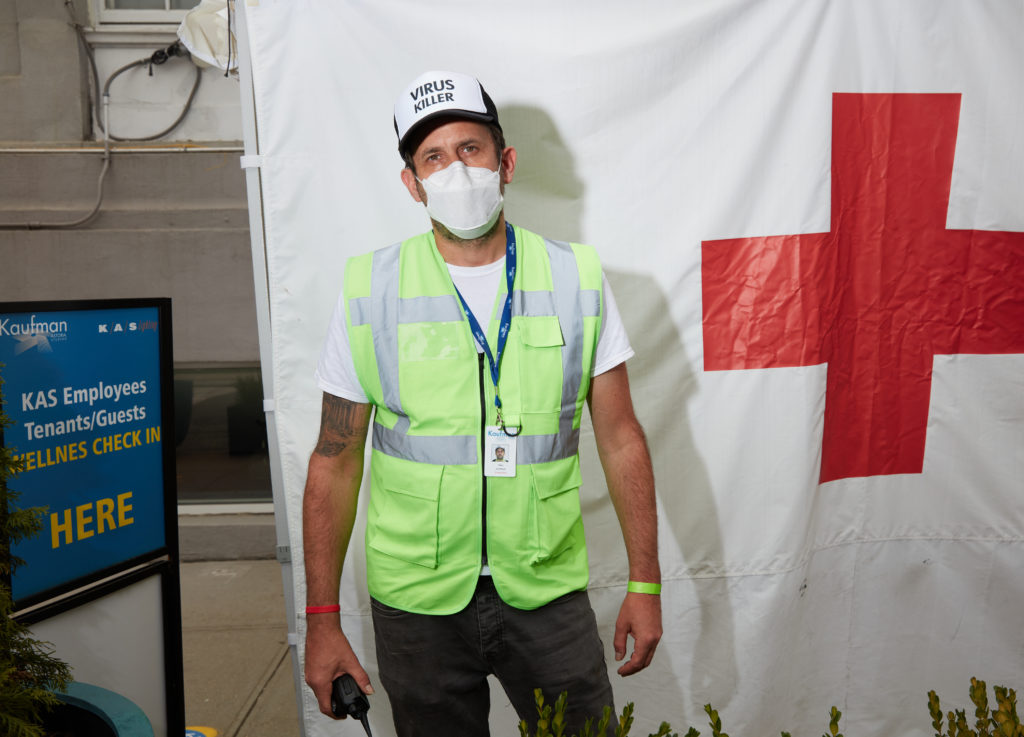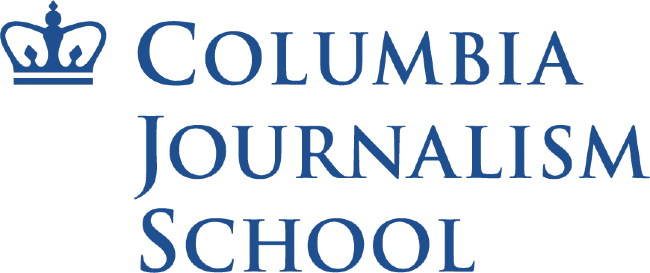After a crew member on the New York set of a TV commercial tested positive for COVID-19, Marc Auerbach knew it was his job to cancel the remaining shoot days.
The move would set off a cascade of disastrous financial consequences for all 30 people working that day, forcing everyone into a two-week quarantine, and it would likely send the production company into bankruptcy.
Auerbach never intended to become a de facto COVID-19 safety expert on photography productions. But he feels compelled to keep people safe from a virus that sent him to the emergency room three times.
Professional photo shoots around the country – often involving photographers, models, hair and makeup artists, wardrobe stylists, caterers, digital techs and producers, all working close together – can be a dangerous environment for exposure to the coronavirus.
Liability is a concern for everyone. Wendy Gordon, a producer who has worked in the industry for more than 30 years, said it has led her to turn down projects entirely.
“A lot of clients are asking producers, and by extension, the people we hire, to accept that there’s no insurance for any COVID-related claim … and that’s terrifying beyond belief,” she said. As a result, she added, “I’m vetting jobs in a way that I’ve never vetted before and COVID compliance is part of the vet.”
So far, there is no government-sanctioned training or standards, so gig workers like Auerbach have taken it upon themselves to tackle an industry-wide problem.
“There is an alliance of like-minded people who want to do the right thing,” said Auerbach, whose usual work as a location manager has disappeared.

His industry experience, along with conversations he initiated with infection control experts, virologists and epidemiologists, has transformed him into a much sought-after coronavirus compliance officer, or CCO, on photography and film sets.
Early solutions have included the development of training courses for the compliance officer role. Responsibilities for this position include the procurement of personal protective equipment, daily symptom checks, and strict enforcement of social distancing and mask wearing for every department on set.
According to the federal Occupational Safety and Health Administration (OSHA), the photography industry has no official protocols for reducing the risk of coronavirus transmission in the workplace. As a result, training courses and other safety measures have been cobbled together.
Liz Bradley, a producer, has partnered with a lab to provide antigen testing at $250 a person.
“I was eager to get back to work and get my colleagues back to work. I wanted to do it safely. And when I couldn’t find the solution to that, I just tried to create it,” Bradley said.
Not everyone is satisfied with what they’re finding. Andy Foord, a New York-area photographer, took a course offered by TTM Training that he described as “just common sense.”
“The test that followed was made up of simple multiple-choice questions, like if you see 10 people standing in a group, is that COVID compliant? Really basic,” he said. “It took less than an hour.” TTM Training, an Ireland-based division of a healthcare recruitment company, did not immediately respond to requests for comment submitted through their website.
Foord was later offered a job as a coronavirus compliance officer at a rate of $250 a day.
Another online course, offered by Safe Sets International, a collective advocating health and safety on sets, is free and takes 20 minutes to complete.
Designed in part by Alex Kolodkin, the CEO of a film-locations platform, the course has been completed by more than 60,000 people. A certificate is issued after students pass a 17-question exam, but a disclaimer states that it “does not in any way represent or warrant that the holder has been certified in COVID-19 protocols.”
“The Safe Sets one is a joke,” Auerbach said. “My 10-year-old can take that and call himself a COVID compliance officer.”
Kolodkin said that Safe Sets is a free service that should only be one of many steps in the learning process.
“We encourage producers to look at guidelines from their associations, or from their cities … to actually get a sense of what they should be doing to keep their crew safe,” he said.
Safe Sets is adding an advanced hourlong course for $45, beginning Oct. 20.
People looking for more rigorous training have been forced to cobble together information from myriad resources. Auerbach, for example, has taken 40 hours of general workplace training from OSHA and a seven-hour contact-tracing course offered by Johns Hopkins University.
“We’re not in the opinion business, we’re in the gathering-of-information business, and we’re serving that to our clients,” said Auerbach.
COVID compliance officers have the unenviable task of policing people who outrank them, an especially dicey task for those who have taken the work to replace income lost in their normal areas of expertise. Many CCOs make $250 a day, hardly enough to make the demanding role worthwhile, Foord said.
Most photographers-turned-compliance officers are also unaccustomed to the rigidity that their new jobs require.
Many people who go into photography want “to be the opposite of militaristic – otherwise they would have gone into the Army,” said Samantha Isom, a photographer who created a coronavirus safety course. Isom said a renegade attitude permeates the industry, “and that has to change.”
Eight months into the pandemic, with the photography industry in peril and lacking union representation, OSHA’s general workplace standards are the only form of regulation on set.
Much more is needed, including legislation, Auerbach and others said. Until then, Auerbach said, it’s “the Wild West out there.”



